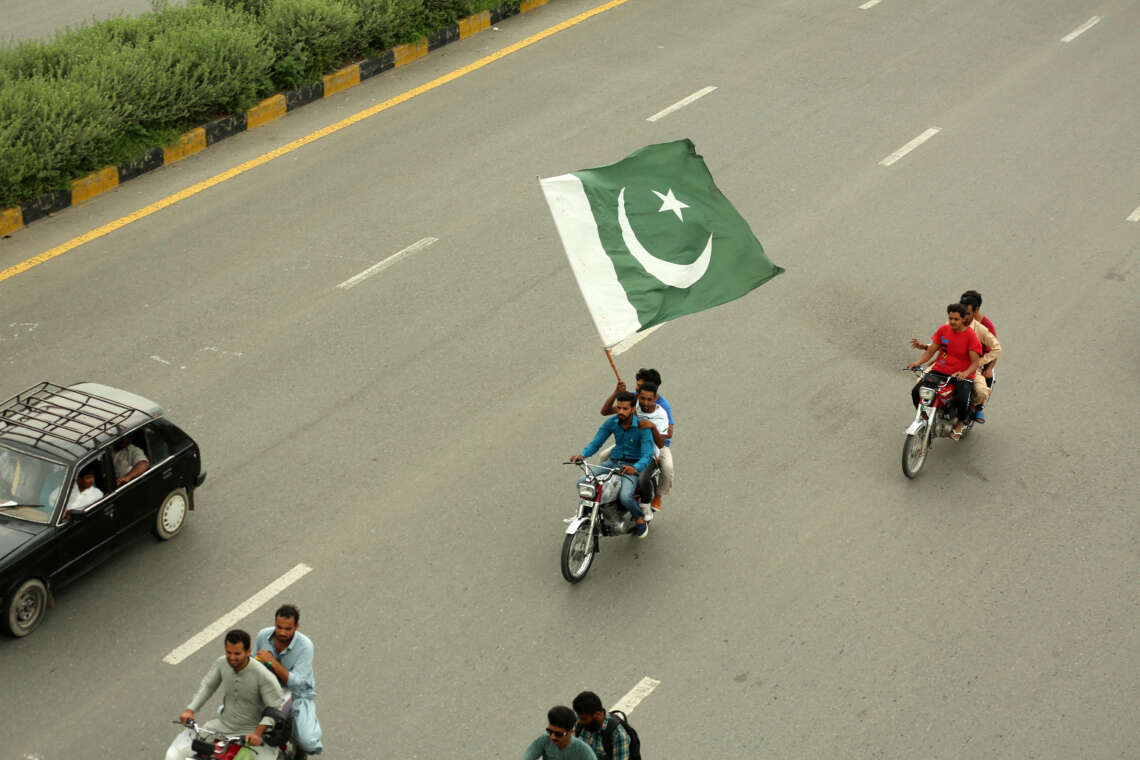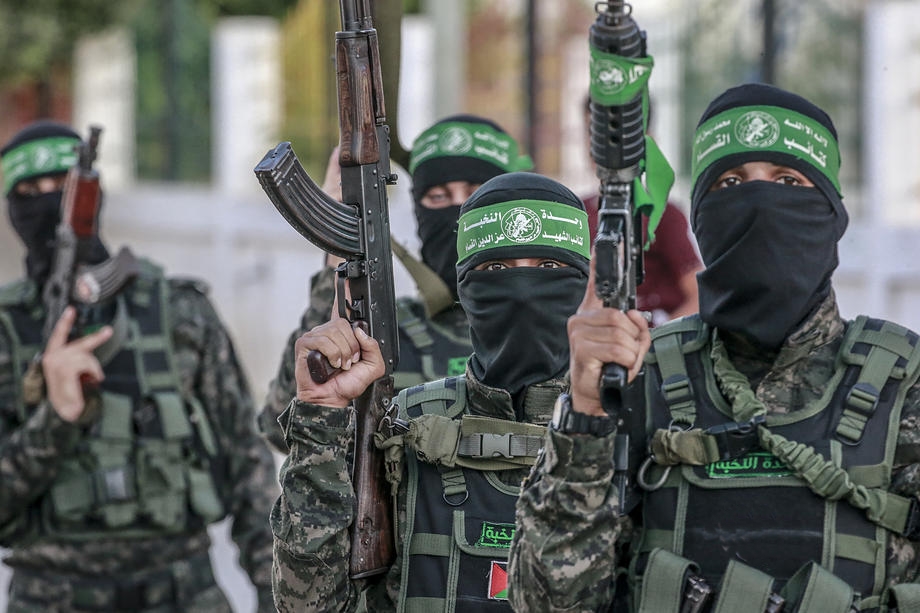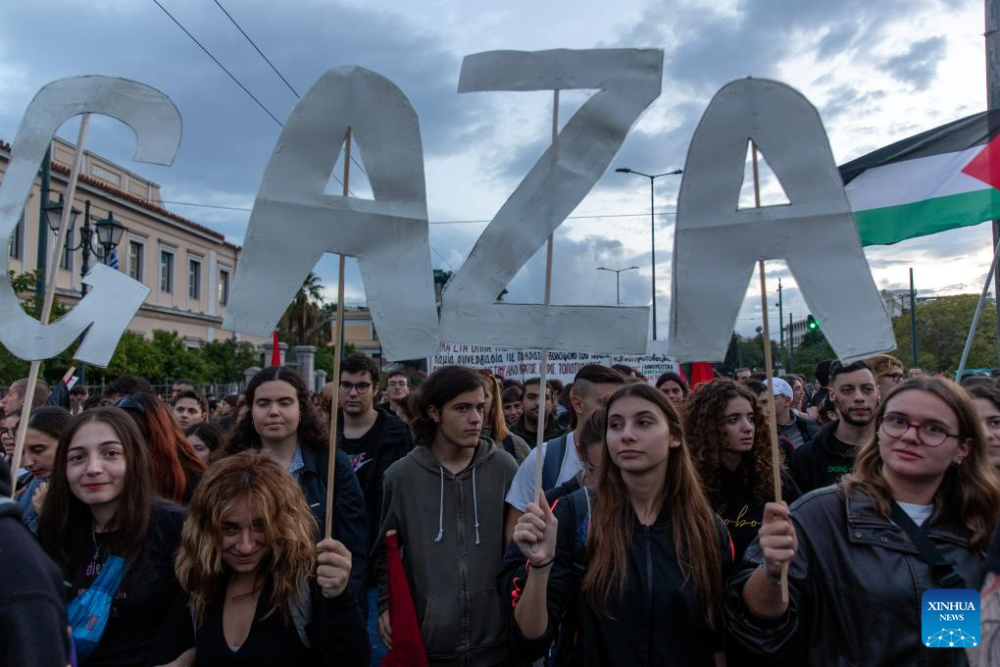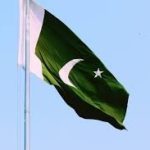The PMLN government’s decision to ban Pakistan’s most popular party and charge PTI leaders with sedition has sparked fears of a political clash and potential martial law. Amid economic crisis and security challenges, Pakistan risks severe instability and unrest, writes Dr Sakariya Kareem
The decision of the PMLN government led by Shehbaz Sharif to ban the most popular political party in Pakistan and initiate sedition proceedings against PTI leader and former Prime Minister Imran Khan and former President Arif Alvi has put the country on a disastrous path to a clash between two hybrid political dispensations.
The Pakistan Army, the creator of both hybrid formations, will likely be caught between the two stools, putting the army chief, General Asim Munir, on a more difficult wicket.

The army had created the hybrid regime led by Imran Khan during General Qamar Javed Bajwa’s tenure. When Bajwa fell out with Khan, the artificial edifice collapsed, ironically propelling the former cricket star as a popular political leader among the disgruntled masses, mostly young voters. The country’s fortunes, however, plummeted. When the army got a new chief Asim Munir, there was a deep divide in the military leadership and Munir had several bones to pick with Imran Khan. Munir was keen on punishing Khan and propping up a new hybrid regime with Shehbaz Sharif as the Prime Minister.
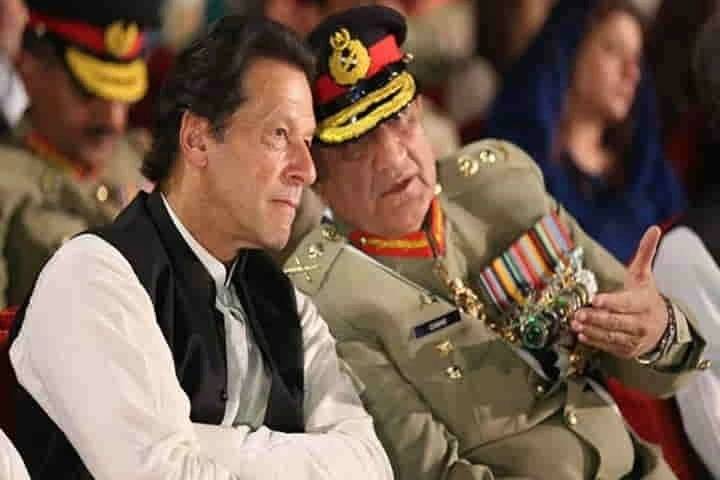
The move is now unravelling with Imran Khan gaining popular support as the Shehbaz Sharif government, doing the bidding of General Asim Munir, is mounting uncalled-for persecution of the former Prime Minister. The recent Supreme Court ruling in favour of Khan’s party, PTI, has further rattled the army-backed government. The apex court had given PTI the due share of reserved seats in the National Assembly besides recognising it as a parliamentary party. The PTI thus has emerged as the single largest party in the Lower House, reducing the Shehbaz Sharif government’s two-thirds majority in both the Houses. The court’s decision indirectly indicts the government’s desperate efforts to suppress the PTI and its leader. A lower court had earlier given a clean chit to Imran Khan and his wife in the marriage case, undermining the deep state’s concerted attempts to dismember Khan’s party and career.
The move to ban PTI has the nod of PMLN supremo, Nawaz Sharif. This shows a political leader who was once labelled the `Lion of Punjab` has turned into a `jackal` hemmed in by the Generals who do not trust him a bit. If the government goes ahead with this suicidal mission, it will signal the end of PMLN and deepen the divide among the senior and middle-rung leadership of the army. The army is already cut by divisions over PTI and Imran Khan.
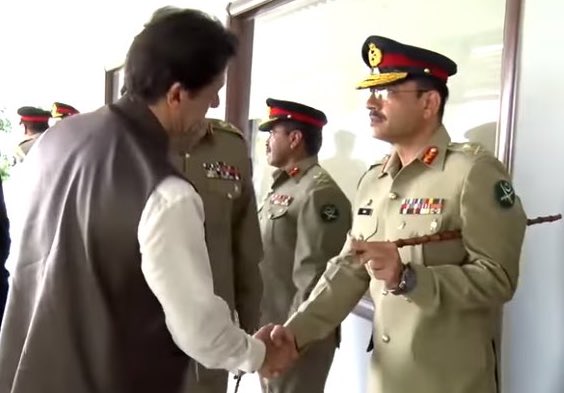
Many commentators suspect that the move was a strategic ploy to pave the way for martial law. The Generals were uncertain about Shehbaz Sharif’s ability to stabilize the country amidst its severe turmoil. If the situation deteriorates further, Pakistan could face a disaster akin to the 1971 crisis when the country split into two. Alongside political instability, Pakistan is experiencing one of its worst economic crises, leading to widespread poverty and unrest. Security challenges are intensifying across the east, centre, and west, presenting formidable difficulties that won’t be easily resolved. Banning the PTI and imprisoning Imran Khan for an extended period could provoke public unrest, which the Generals might struggle to contain. In this power struggle between hybrid regimes, both the country and the military risk losing whatever remaining prestige and stability they have.




